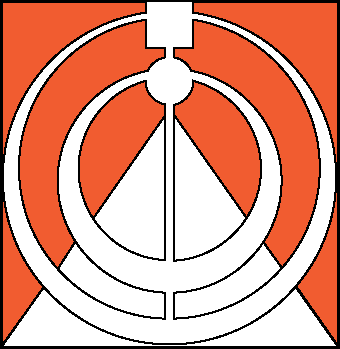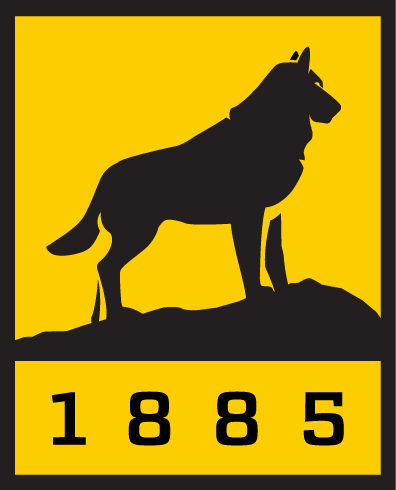Mi-STAR Unit Receives Distinction as a High Quality NGSS Resource
Monday, June 8, 2020
Mi-STAR wants to share some exciting news!
One of the Mi-STAR units (6.4: Protecting Your Cell Phone from Damaging Forces) was put through an extensive peer review process using the EQuIP Version 3.0 rubric. As a result of that review, this unit is now recognized on the NextGenScience (formerly Achieve) website, nextgenscience.org, as an example of a high quality unit designed for the NGSS.
The unit is now posted on the NextGenScience website here, and is available for nationwide (and international) use by teachers. NextGenScience has also shared information about the Mi-STAR unit via social media.
This is a phenomenal achievement for Mi-STAR! For people who develop science curriculum, attaining such a rating is a highly sought-after endorsement of quality. Earning this recognition took a lot of creativity, time, and hard work. This endorsement places Mi-STAR’s work among the very best being done by science curriculum developers anywhere. It is notable that this Mi-STAR unit is the FIRST middle school unit on the NextGenScience website listed as an exemplary NGSS resource under the INTEGRATED Science Discipline.
To provide some additional context regarding this achievement, NextGenScience is the successor organization to Achieve, which was funded by the Carnegie Foundation to design the Next Generation Science Standards (NGSS) based on recommendations and guidance provided by the National Academies of Science and Engineering. Many states’ science standards, including those for Mi-STAR’s home state of Michigan are based on the NGSS.
If you would like to learn more about Mi-STAR or access this unit, you can connect with Mi-STAR directly and request more information here. Please also visit the main Mi-STAR website! If you are interested in learning more about the NextGen Science review process, you can take a look at the webpage linked here.
GET Mi-STAR NEWS BY E-MAIL!
Copyright © 2026 Mi-STAR
Mi-STAR was founded in 2015 through generous support provided by the Herbert H. and Grace A. Dow Foundation. Mi-STAR has also received substantial support from the National Science Foundation, the MiSTEM Advisory Council through the Michigan Department of Education, and Michigan Technological University.


















